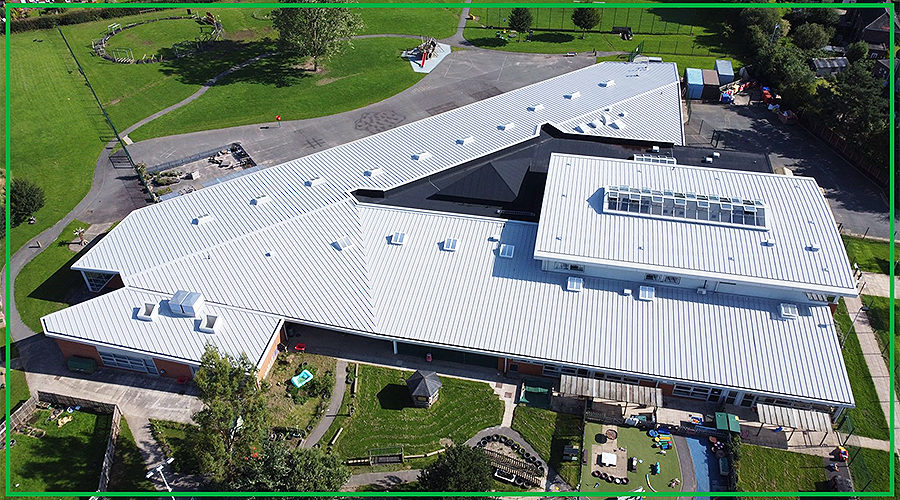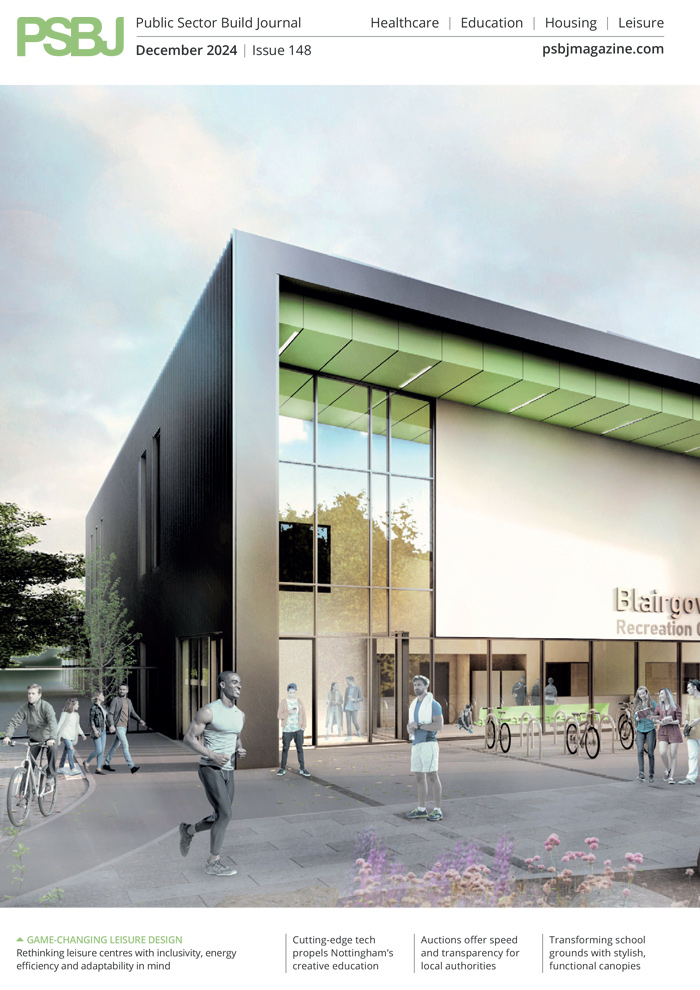Gary Hemmings, Managing Director of WestWood Liquid Technologies, explains the key benefits of specifying and installing a PMMA liquid-applied waterproofing system.
WestWood
Polymethyl Methacrylate (PMMA) systems are not a new concept when it comes to public sector specification. In fact, PMMA technology is leading the way when it comes to innovative and versatile solutions for housing associations, education, healthcare and local authorities. Quality PMMA systems specified by a trusted and accredited manufacturer will offer a durable, UV-stable, quick, easy and sound waterproofing solution.
What is PMMA?
First developed in 1928 by Chemists William Chalmers, Otto Rohm and Walter Bauer, PMMA has benefitted the construction industry for decades. Thanks to ongoing research, development and investment, it is also a technology that has continuously evolved; making it a highly-versatile, safe and durable solution for applications including flat roofs, car parks, balconies, as well as a multitude of other options.
Installation benefits
PMMA-based systems, which are solvent free and cold applied, tend to have a minimum of two components. The first being the resin and the second being a catalyst or activator. Contractors will mix the components together on site, starting an exothermic reaction to initiate the curing process.
The PMMA systems offered by WestWood, much like other manufacturers, provide a polyester reinforcing fleece, which is first saturated within the waterproofing layer and bonds the membrane to the substrate as it is applied in its wet state. The surface layer is then applied onto the embedment coat whilst still wet, therefore, forming a single, seamless membrane of uniform thickness.
One of the reasons why PMMA is so successful is that it can rapidly cure – ideal for occupied housing blocks, for example. The liquid membrane can be cured in as little as 15 to 20 minutes even at sub-zero temperatures. With variable amounts of catalyst added to the resin, the curing times can be controlled on site to suit the requirements of the installation team.
PMMA is an ideal solution for UK working due to the variable British weather. Certain systems, for example, can be applied in temperatures down to -15°C, meaning you don’t need to delay application if weather conditions worsen.
Safe and solvent free
A key advantage of using a PMMA system is that it does not require an open flame to install on site. This is a huge health and safety benefit for the contractor, client and end user, and useful for any projects that prohibit the use of a flame on site. To date, there have not been any incidents of fire recorded globally on a roof due to PMMA being installed.
As with any construction site work, there are always risks associated with building. At WestWood, our protocol is not to sell products to any contractor that hasn’t undertaken our mandatory contractor training. This is paramount to not only ensure the safe installation of our PMMA systems, but to guarantee a durable and robust solution for the customer.
A long-term solution
PMMA is durable, flexible, hardwearing and ideal for waterproofing projects where access to a site is very limited and work must be completed extremely quickly.
Once installed, a PMMA build up can offer a watertight and durable finish guaranteed for up to 25 years. PMMA systems should also have appropriate third-party accreditations such as British Board of Agrément (BBA), European Technical Assessment (ETA) and Factory Mutual (FM) approval depending on the country of use. Products offered by WestWood, for example, also offer the highest certification, BroofT4, to external fire exposure, complying with Building Regulations.









